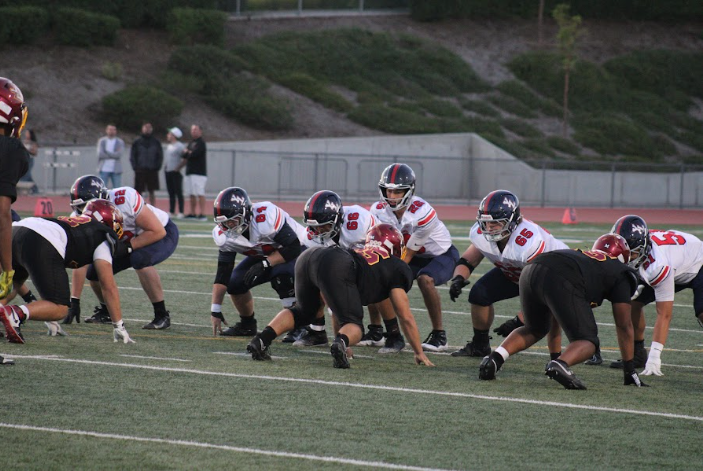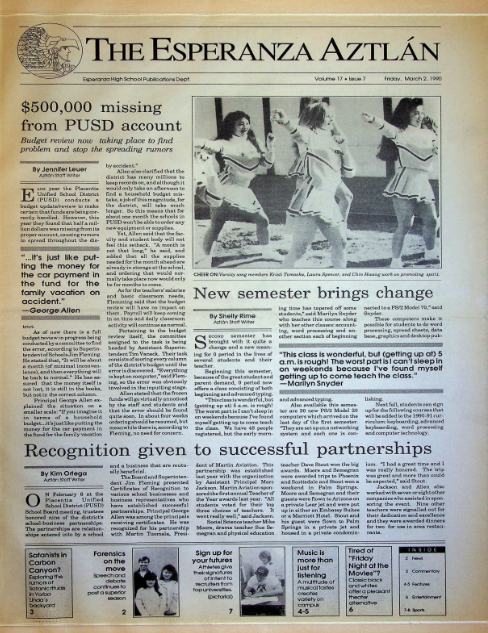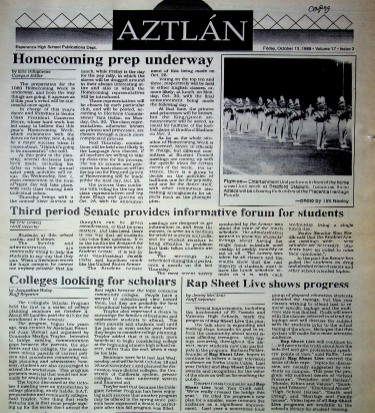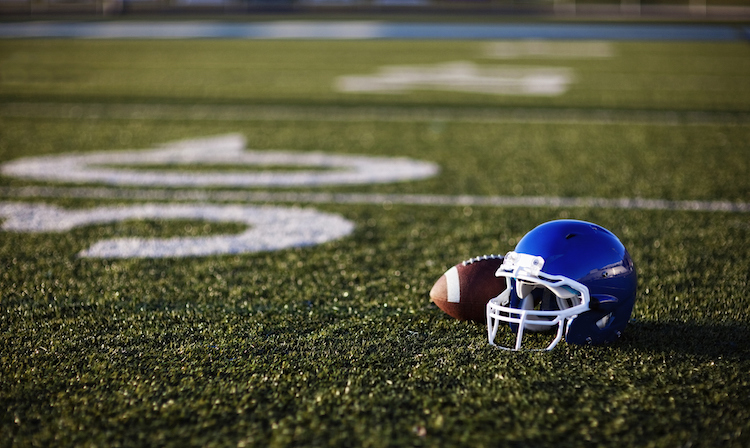Are sports vital in school curricula? Sports can have a lot of benefits for students both physically and mentally. They promote physical fitness, teamwork, and discipline, and can even improve academic performance. First off, sports help students stay active and maintain a healthy lifestyle. Regular physical activity has been linked to improved cardiovascular health, increased endurance, and reduced risk of obesity. By including sports in the school curriculum, students have the opportunity to engage in physical activity and develop lifelong habits of staying fit. Secondly, sports teach important life skills such as teamwork, communication, and leadership. When students participate in team sports, they learn how to work together towards a goal, and how to take on leadership roles. These skills are not only valuable on the field or court but also in other aspects of life, such as school, future careers, and building relationships. Moreover, sports can have a positive impact on academic performance. Engaging in physical activity helps increase blood flow to the brain, which can enhance cognitive function and improve concentration. Studies have shown that students who participate in their sport tend to have better attendance, higher grades, and improved problem-solving abilities. Sports can also teach students the importance of time management and balancing their academic responsibilities with their extracurricular activities. In addition, Sports provide a platform for students to develop resilience and perseverance. Through sports, students learn how to handle both success and failure, how to bounce back from setbacks, and how to set and achieve goals. These qualities are essential for personal growth and can contribute to a student’s overall character and development. Lastly, Sports promote social interaction and foster a sense of community within the school. Whether it’s cheering for the school team, participating in inter-school competitions, or attending sports events, sports brings students, teachers, and parents together. This sense of unity and school spirit creates a positive and inclusive environment, where students feel connected and supported. All in all, sports are indeed vital in the school curriculum. They contribute to the physical, mental, and social development of the students. By incorporating sports into the curriculum schools provide opportunities for students to lead their healthy lifestyles, develop essential life skills, improve academic performance, build resilience, and foster a sense of community.














































